Hnycareershub
FollowOverview
-
Founded Date September 29, 1994
-
Sectors Energy
-
Posted Jobs 0
-
Viewed 18
Company Description
NHS: A Universal Embrace
In the sterile corridors of Birmingham Women’s and Children’s NHS Foundation Trust, a young man named James Stokes navigates his daily responsibilities with subtle confidence. His oxford shoes move with deliberate precision as he acknowledges colleagues—some by name, others with the familiar currency of a “good morning.”

James wears his NHS lanyard not merely as institutional identification but as a symbol of belonging. It sits against a pressed shirt that offers no clue of the tumultuous journey that brought him here.
What separates James from many of his colleagues is not obvious to the casual observer. His presence reveals nothing of the fact that he was among the first beneficiaries of the NHS Universal Family Programme—an undertaking designed specifically for young people who have experienced life in local authority care.
“It felt like the NHS was putting its arm around me,” James explains, his voice steady but revealing subtle passion. His observation encapsulates the core of a programme that seeks to reinvent how the massive healthcare system approaches care leavers—those vulnerable young people aged 16-25 who have transitioned from the care system.
The statistics paint a stark picture. Care leavers often face poorer mental health outcomes, money troubles, shelter insecurities, and lower academic success compared to their peers. Behind these impersonal figures are human stories of young people who have traversed a system that, despite best intentions, often falls short in providing the nurturing environment that forms most young lives.
The NHS Universal Family Programme, launched in January 2023 following NHS England’s pledge to the Care Leaver Covenant, embodies a substantial transformation in systemic approach. Fundamentally, it accepts that the entire state and civil society should function as a “communal support system” for those who have missed out on the security of a conventional home.
Ten pathfinder integrated care boards across England have charted the course, developing structures that reconceptualize how the NHS—one of Europe’s largest employers—can extend opportunities to care leavers.
The Programme is thorough in its methodology, starting from comprehensive audits of existing practices, forming oversight mechanisms, and garnering leadership support. It acknowledges that meaningful participation requires more than noble aims—it demands practical measures.
In NHS Birmingham and Solihull ICB, where James started his career, they’ve developed a regular internal communication network with representatives who can offer help and direction on wellbeing, HR matters, recruitment, and inclusivity efforts.
The conventional NHS recruitment process—structured and potentially intimidating—has been intentionally adjusted. Job advertisements now highlight personal qualities rather than extensive qualifications. Application procedures have been redesigned to address the unique challenges care leavers might face—from lacking professional references to struggling with internet access.
Possibly most crucially, the Programme recognizes that starting a job can create specific difficulties for care leavers who may be managing independent living without the backup of familial aid. Matters like commuting fees, identification documents, and banking arrangements—assumed basic by many—can become substantial hurdles.
The brilliance of the Programme lies in its thorough planning—from explaining payslip deductions to providing transportation assistance until that essential first wage disbursement. Even apparently small matters like rest periods and office etiquette are deliberately addressed.
For James, whose professional path has “revolutionized” his life, the Programme provided more than a job. It gave him a perception of inclusion—that elusive quality that develops when someone is appreciated not despite their past but because their distinct perspective enriches the institution.
“Working for the NHS isn’t just about doctors and nurses,” James comments, his gaze showing the modest fulfillment of someone who has secured his position. “It’s about a community of different jobs and roles, a team of people who truly matter.”
The NHS Universal Family Programme represents more than an work program. It stands as a strong assertion that organizations can adapt to welcome those who have experienced life differently. In doing so, they not only alter individual futures but enrich themselves through the unique perspectives that care leavers provide.
As James moves through the hospital, his presence silently testifies that with the right assistance, care leavers can thrive in environments once deemed unattainable. The arm that the NHS has extended through this Programme symbolizes not charity but acknowledgment of untapped potential and the essential fact that all people merit a support system that champions their success.


